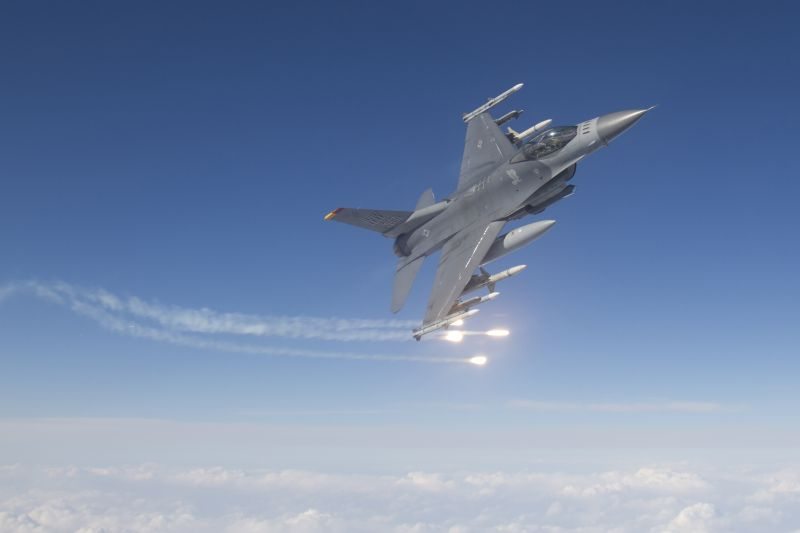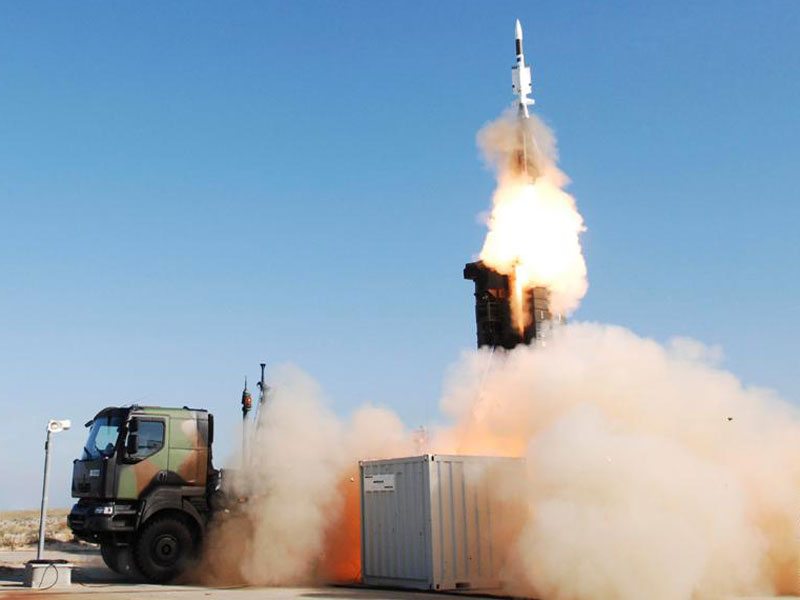Violence in Iraq could delay the delivery of American F-16 fighter jets to the Baghdad government after contractors had to be evacuated from a key air base, the Pentagon said Monday.
Although the United States is moving to expedite the delivery of weapons and ammunition to the Iraqi government as it battles Sunni extremists, volatile conditions on the ground threaten to disrupt preparations for the F-16 jets, spokesman Colonel Steven Warren told reporters.
Private contractors working on the F-16 program at Balad airbase were recently moved to a safer location in Baghdad because of the threat posed by advancing Sunni militants.
“They (contractors) are no longer operating in Balad. So it will have an impact. It’s too soon to tell exactly what that impact is,” Warren said.
His comments came as Iraq took delivery of a first batch of Sukhoi Su-25 fighter aircraft from Russia, but the Pentagon insisted Moscow’s move would not derail Washington’s arms sales to Baghdad.
“The Iraqi purchase of Russian military equipment does not affect the Iraqi purchase of American military equipment,” said Warren, adding: “We are continuing with our foreign military sales program to Iraq.”
He rejected criticism from some Iraqi leaders that the United States was purposely stalling the delivery of badly needed weapons or aircraft, including the F-16s.
“We are very aware of the critical need that Iraq has for advanced weapons. We are working as quickly as possible to ensure that they receive all the foreign military sales that they have requested and that they paid for,” he said.
“We don’t believe our process is any slower and more deliberate than it needs to be.”
However, all arms sales have to be vetted to comply with rules about safeguarding the transfer of some sensitive military technology, he said.
The United States has provided 400 out of 500 Hellfire missiles recently purchased by Iraq, and the final 100 missiles would arrive in Baghdad with a few weeks, he said.
And the Pentagon continues to supply Iraqi forces with small arms and ammunition that are of “immediate” use, he added.
The Defense Department plans to sell Iraq up to 24 Apache attack helicopters as well, but Baghdad has not yet paid for the choppers, according to Warren.
The key to resolving the conflict in Iraq was not supplying Baghdad with weapons but instead forging a political settlement addressing the country’s sectarian tensions, he said.
“The solution to this problem is an inclusive government, not firepower,” he said.











